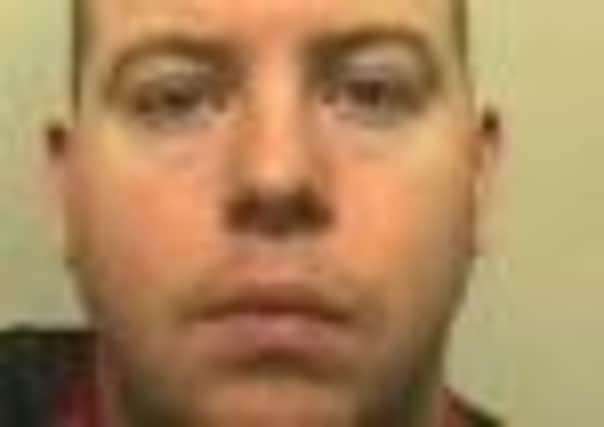EARBY: Care agencies criticised over murder of baby Charlie Hunt


An independent inquiry found while the murder could not necessarily have been prevented, there could have been a different outcome if health and social care professionals from Lancashire and Yorkshire had worked together more closely.
Fifteen-month-old Charlie died in November 2009 after being subjected to a string of “happy slap” attacks by his mother’s boyfriend, Darren Newton. He was jailed for life in December and will serve a minimum of 24 years.
Advertisement
Hide AdAdvertisement
Hide AdThe Serious Case Review into Charlie’s death conducted by the Lancashire Safeguarding Children Board revealed social workers had monitored Charlie’s mother, Laura Chapman, until a month after his birth, and Family Support visits ceased in March 2009, despite the family having a troubled background.


The report highlighted how difficult it would have been for agencies to have identified Newton as a danger to Charlie as he was not known to any of them before his arrest.
However, it said he had become a significant figure in Laura Chapman’s life around February, 2009 and while he would not have been identified as a real risk, there should have been a more cautious approach to his involvement with the family.
The failure to assess Newton’s relationship with the family was seen as a “missed opportunity”.
Advertisement
Hide AdAdvertisement
Hide AdThe inquiry also labelled medical examinations of Charlie in the months before his death as points at which the tragedy could potentially have been averted.
Miss Chapman took Charlie to see a GP in September 2009 as he had vomited and had bruising on his hands. He was admitted to hospital three days later following a convulsion but was discharged the following day.
On November 19th 2009, Charlie was rushed back to hospital after having another convulsion while in the care of Newton. Despite efforts to resuscitate him, he was pronounced dead two hours later.
He had retinal bleeds in both eyes, optic nerve damage, a swollen brain and bleeding to the brain.
Advertisement
Hide AdAdvertisement
Hide AdThe report said following the two incidents in September, “there was an opportunity to explore this further and discussions should at least have taken place with the Health Visitor and Children’s Social Care.
“With hindsight, if a scan had taken place it might have revealed abnormalities that would have raised questions about physical maltreatment.”
The inquiry produced 94 recommendations to improve processes, nine which affect all the agencies involved with Charlie’s family, and the rest specific to the individual bodies involved including the health, social care and police bodies from East Lancashire and West Yorkshire.
As well as the perceived missed opportunities to potentially save Charlie, the criticism focused on a lack of collaboration between these agencies and a tendency for professionals to view their assessments of the family as static and not take new developments into consideration.